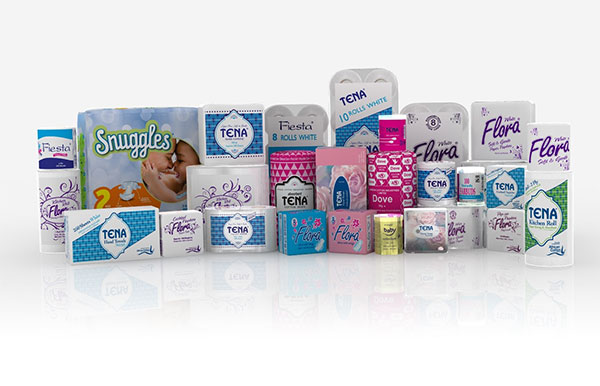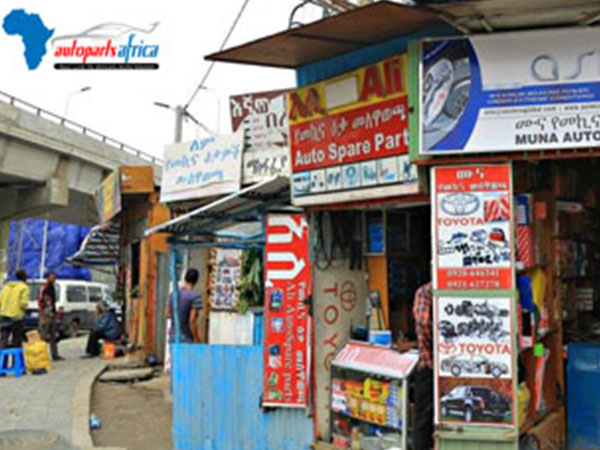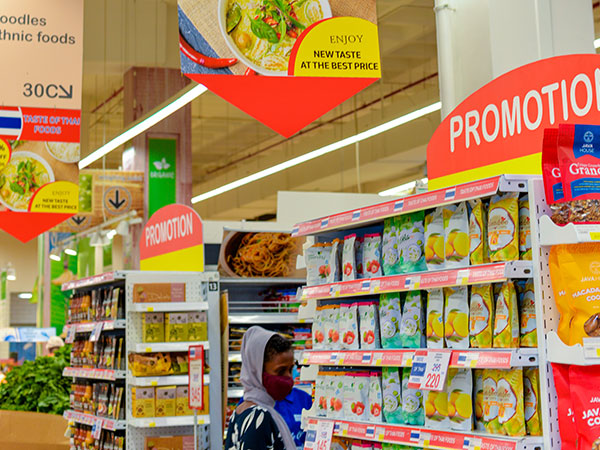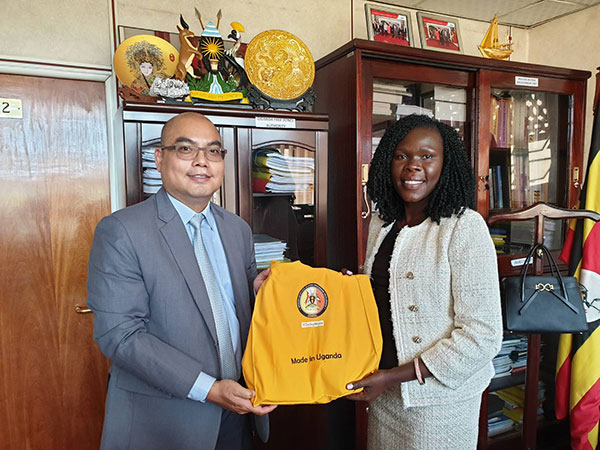
Africa: Promising Future for International Investment

Lots of areas in the region are seeking international investment.
In 2021 the entire African continent is expected to grow by 3.3-4%.
Thai Trade Center in Nairobi organises monthly trade matching activities.
“African countries have a high potential for growth, and still attract international trade and investment, as there are still many areas in the region that have not been explored and still need a lot of investment,” says Natthapong Senanarong, Director of the Office of Commercial Affairs in Nairobi, Kenya.
Before the COVID crisis struck, Africa had seen economic growth of 5% to 8% over the last five to six years. China is a major player in Africa with capital investment of around US$100 billion, more than half of the total overseas investment to Africa.
Kenya is considered a regional trade centre for distribution to other East African countries. It has seen growth of 5-6% per year. However, Kenya was largely affected by COVID due to its reliance upon tourism, with agricultural products and raw materials as the main exports.
“Kenya normally has 1.5 to two million tourists a year, but when it comes to the COVID pandemic, the country’s income from tourism has dropped 80% to 90%,” says Senanarong.
Covid has also resulted in a change in consumer behaviour in the East African nation, according to Senanarong.
“Reaching consumers via social media has gained more acceptance; most of them use Facebook, Instagram and various online platforms,” he says. “Kenyans also prefer using Mobile Money through the Mpesa system as it is more convenient and safer than using cash.”
As the average wage is around US$200 to US$300 per month, the major purchasing factor for Kenyans, as with most Africans, is price. However, Thai products have a good reputation for high quality.
“If they have a high income, Kenyans will buy Thai products rather than Chinese or Indian,” says Senanarong. “What Thai exporters should consider if they want to penetrate this market is how to make quality products at an affordable price.”
He believes that auto parts, seasonings, instant food, construction materials and agricultural machinery are Thai products that have a strong market opportunity in Kenya, as well as baby products. Thai rice used to be the number one in Kenya, but nowadays it has been undercut by rice from India, Pakistan and Tanzania.
International trade in Africa is growing under the African Continental Free Trade Area (AfCFTA), which includes 54 African countries with a total population of more than 1.2 billion.
“According to World Bank, in 2021 the entire African continent is likely to grow by 3.3% to 4%, which is still high compared to other regions around the world,” says Senanarong.
Thai Trade Center in Nairobi is responsible for 11 East African countries, the potential countries in the region are including Kenya, Ethiopia, Uganda and Tanzania. Its key role is to promote international trade channels between Thailand and the region. The Thai Trade Center in Nairobi has focused on promoting access to credit and the services of Kenyan importers with practical support from Exim Bank (Thailand). This is to address the scepticism many Thai companies have for the banking system in Africa.
It has also arranged a trade matching activity between Kenyan importers and Thai exporters. Held almost every month, it is expected that some 50 to 60 trade deals will be struck by the end of this year.
For more information, please contact the Thai Trade Center in Nairobi at [email protected] or https://www.facebook.com/OCANAIROBI/
Words by Natthinee Ratanaprasidhi







